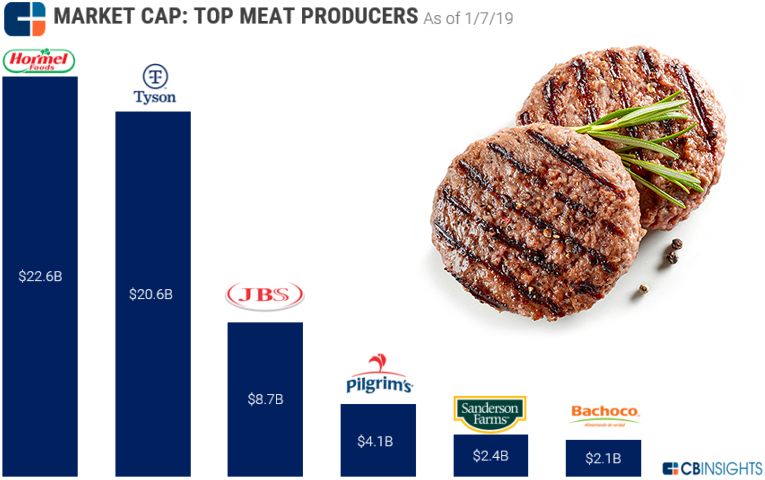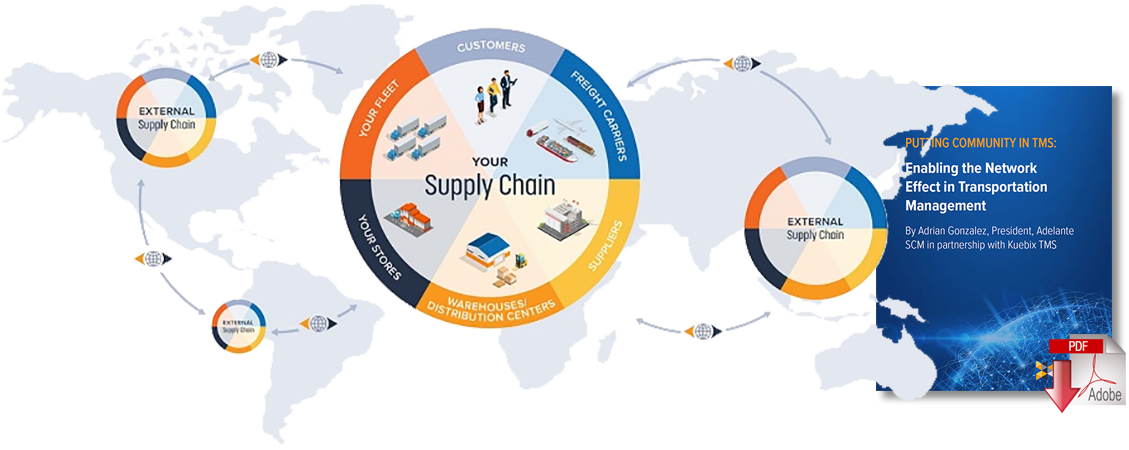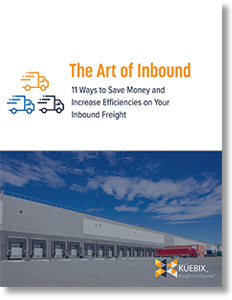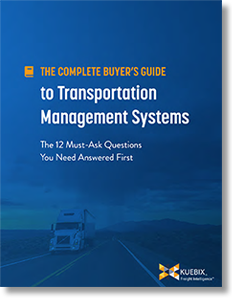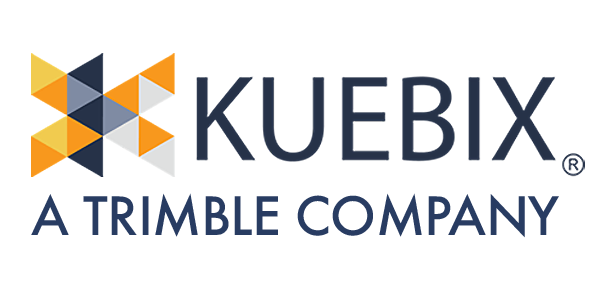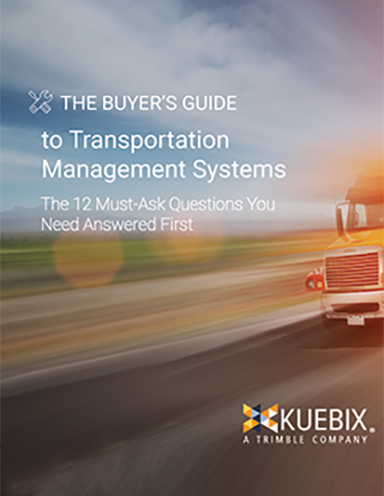USA Labor Day Weekend: What’s Your Burger Made Of?

The $90B global meat market is facing disruption, unlike anything it’s seen before, with new fake-meat products entering the market every day and consumers branching out from traditional beef products.
Labor Day Barbeque
Beef burgers have been a summer barbecuing staple for generations of Americans.
From Memorial Day to Labor Day families and friends will gather to share this favorite food in backyards across the country, not to mention year-long at many popular fast-food chains.
The traditional beef burger is changing, however.
Now, when you head to your neighborhood BBQ this weekend, you may find yourself with a wider selection of burger patty options than you expected.
Meat-free options, health-conscious choices, and other patty alternatives are currently trending with consumers.
The $90B global meat market is facing disruption, unlike anything it’s seen before, with new fake-meat products entering the market every day and consumers branching out from traditional beef products.
Here are a number of popular beef patty alternatives that you may find at your Labor Day barbeque this year.
Beef Patty Alternatives:
- Fake-meat patties (Beyond Meat, the Impossible Burger, etc.)
- Veggie burgers (MorningStar, Gardein, Dr. Praegers, etc.)
- Mushroom burgers
- Homemade black bean burgers
Why Are Beef Patty Alternatives So Popular?
According to FAIRR, a global network of investors addressing ESG issues in protein supply chains, “Alternative proteins, which include plant-based substitutes for animal-based foods, are expected to capture 10% of the meat market in 15 years and are now worth around $19.5 billion.” It’s easy to see that beef patty alternatives are popular, but the question still remains, why?
Sustainability
Consumers continue to place a heavy emphasis on sustainability, with 68% of US internet users citing product sustainability as an important factor when making a purchase. The Food and Agriculture Organization of the United Nations (FAO) reports that livestock supply chains account for 14.5% of all global anthropogenic GHG emissions, a number which includes the burning of fossil fuels worldwide. Many consumers are searching for a more sustainable way to continue to enjoy burgers without contributing as highly to global emissions.
Changing Diets
Changing diets are having an impact as well. You’ve probably heard about diet trends like Paleo, Low-Carb, Vegan, Vegetarian, Keto, and Low-FODMAP. These and many other diet types play a role in consumers desire for patty alternatives. Some diets focus on weight-loss, reduced-sodium content, eating more “whole” foods, eliminating allergies, improving digestion, and adhering to religious or personal ethics. Consumers are becoming used to having more options to choose from to fit their lifestyles and the burger industry is only the latest industry to see a great diversifying of products.
What Does This Mean for the Supply Chain?
Many large brands are jumping on the meat-alternative bandwagon, and this doesn’t just include burgers! Most recently, Burger King, KFC, and Dunkin’ Donuts announced that they would be adding fake-meat products to their menus. Now, you can get a vegetarian Whopper, vegan fried chicken or a plant-based sausage breakfast sandwich. Conagra’s Gardein meat-alternative unit saw its share of the meat alternative market rise to 11% in 2018 from 6% in 2013. Not wanting to be left out of this lucrative market, Nestle is launching its own plant-based Awesome Burger this fall.
The surge in popularity of meat alternatives is having both positive and negative effects on the supply chain. In the short term, manufacturers are facing issues with production. In May, the Impossible Burger’s creator, Impossible Foods, was forced to hire a third shift for its production line and begin building a second line to double supply. Many brands have signed new contracts with food service companies which they may not be able to fully supply at first.
Some grocery chains are also struggling with where to shelve fake-meat products. Some have shelved Impossible Burgers and other meat-like options in the meat aisle, much to the confusion of some. Others are creating or expanding their vegetarian and vegan sections to accommodate new products. These short term problems are expected to slacken as production lines boost output, procurement teams become accustomed to a new category, and retailers adjust their offerings.
In the long term, meat-alternatives promise to be easier for supply chains. This starts with a reduction in the need for livestock which requires their own complex supply chains to function. In general, plant-based products have fewer touch-points compared with meat-based products, meaning logistics teams will have fewer points to manage. Patties will also be easier to transport and have higher levels of food safety. Once the initial hurdle of transforming supply chains to accommodate new SKUs and product types is complete, this promises to be a new, lucrative industry for food manufacturers to compete within.
So, if you get to the grill this weekend and see more options than just the standard American beef patty, pick the one that works best for you and remember to have a great Labor Day weekend!
News: Kuebix Reaches 20,000 TMS Customer Milestone
Putting Community in TMS: Enabling the Network Effect in Transportation Management
In this eBook, Adrian Gonzalez, President, Adelante SCM in partnership with Kuebix TMS, describes how transportation management systems are transitioning from being “inside the four walls” applications to becoming operating systems that power transportation communities and enable network effects.
Transportation management systems are transitioning from being “inside the four walls” applications to becoming operating systems that power transportation communities and enable network effects.
Advancements in technology - most notably, cloud computing, software-as-a-service, application programming interfaces, and mobile computing - are making it easier for shippers, carriers, and brokers of all sizes, as well as private fleets and others in the transportation ecosystem, to more easily integrate and transact with one another.
The value-added benefits provided by network-based transportation management systems include smarter and faster freight capacity matching and the ability to leverage network-based business intelligence and analytics to discover and establish new business connections and to benchmark your transportation performance and metrics against the community as a whole.
Download the eBook Putting Community in TMS: Enabling the Network Effect in Transportation Management
Related Kuebix White Papers & eBooks
The Art of the Inbound: 11 Ways to Improve Your Inbound Shipping Operations
This ebook provides a guide to benchmark your company against best practices in the transportation and shipping industry and helps to put together a strategic approach to capitalizing on the opportunities to manage the “art of the inbound.” Download Now!
Driving Supplier, Carrier and Customer Collaboration
This ebook describes how through the use of collaboration portals with various stakeholders, you will be able to effectively manage your cost of goods and consistently meet the expectations of your internal and external customers. Download Now!
The Complete Buyer’s Guide to Transportation Management Systems
There is almost no limit to how a Transportation Management System can benefit your unique supply chain, but the key to success is finding the right one for your goals, so, before selecting a TMS, use the 12 questions in this buyer’s guide to finding the best solution for your company. Download Now!
Effectively Managing Big Data in Your Supply Chain
In this white paper, we’ll explain what the term “big data” means to the typical supply chain, introduce effective strategies for managing and leveraging that data, show how one grocer is using predictive analytics to harness its own big data, and explain the “first steps” that companies need to take down the path to effective management of their big data. Download Now!
More Resources from Kuebix
Article Topics
Kuebix News & Resources
Visibility + TMS = A Winning Combination Trimble Placed in 2021 Gartner Magic Quadrant for Real-Time Transportation Visibility Platforms Kuebix Positioned Again as a Challenger in 2021 Gartner Magic Quadrant for TMS The Buyer’s Guide to Transportation Management Systems TMS Update: Adoption accelerates The Logistics of Valentine’s Day during COVID-19 Pandemic Research: Trends in the Supply Chain and Their Impact on the Transportation Management System Market More KuebixLatest in Supply Chain
How Much Extra Will Consumers Pay for Sustainable Packaging? FedEx Announces Plans to Shut Down Four Facilities U.S. Manufacturing is Growing but Employment Not Keeping Pace The Two Most Important Factors in Last-Mile Delivery Most Companies Unprepared For Supply Chain Emergency Microsoft Unveils New AI Innovations For Warehouses Let’s Spend Five Minutes Talking About ... Malaysia More Supply Chain

